Trump slams Le Pen conviction as political suppression amid US concerns on democracy
The recent conviction of French opposition leader Marine Le Pen has drawn sharp reactions from political figures in both France and the United States, with US President Donald Trump likening it to his own legal struggles and the US State Department warning against the exclusion of political competitors. The ruling, which effectively bars Le Pen from running in France’s 2027 presidential elections, has sparked debate over the role of lawfare in modern democracies and its impact on political pluralism.
On March 31, a French court sentenced Marine Le Pen, the former leader of the National Rally (RN) party, to four years in prison-two of which were suspended-after convicting her of embezzlement. Additionally, the court prohibited her from holding public office for five years, a decision that all but eliminates her chances of contesting the next presidential election. The verdict has sent shockwaves through France’s political landscape, as Le Pen has been one of the most influential and enduring figures of the country’s right-wing politics.
Le Pen has vehemently denied any wrongdoing, claiming the charges are politically motivated. Her supporters argue that the case is yet another example of judicial overreach being used as a tool to sideline anti-establishment candidates. The verdict comes as the RN has gained significant electoral traction, positioning itself as a viable alternative to President Emmanuel Macron’s centrist administration.
US President Donald Trump, who himself faces multiple criminal cases in the US, was quick to respond to the news of Le Pen’s conviction. When asked about the verdict in the Oval Office, Trump stated, “That’s a very big deal.” He expressed surprise at the conviction, suggesting that many had not expected her to be found guilty.
“But she was banned [from] running for five years, and she’s the leading candidate. That sounds very much like this country,” Trump added, drawing a direct comparison between Le Pen’s predicament and his own legal troubles.
Trump has long maintained that his legal challenges-ranging from investigations into his business dealings to his role in the January 6 Capitol riot-are politically driven efforts to prevent his return to the White House. His remarks about Le Pen suggest he sees similar tactics being employed against prominent opposition figures in allied Western democracies.
The US State Department also weighed in on Le Pen’s conviction, with spokeswoman Tammy Bruce cautioning against the exclusion of political figures from democratic processes. She emphasized the importance of upholding democratic norms and criticized what she called “corrupt lawfare” in both France and the United States.
“We’ve got to do more as the West than just talk about democratic values. We must live them,” Bruce said. “Exclusion of people from the political process is particularly concerning, given the aggressive and corrupt lawfare waged against President Trump here in the United States. We support the right of everyone to offer their views in the public square, agree or disagree.”
Bruce’s remarks suggest a broader concern within the Biden administration that judicial measures are being used to limit political competition in democratic states. While she did not directly accuse the French government of political interference, her comments imply skepticism about the fairness of Le Pen’s trial.
Vice President J.D. Vance, speaking at the Munich Security Conference in February, had already warned of growing concerns regarding political suppression in Europe. In his speech, Vance criticized Germany and other European allies for what he described as an attempt to stifle political competition through legal mechanisms.
“Democracy rests on the sacred principle that the voice of the people matters. There is no room for firewalls. You either uphold the principle or you don’t,” Vance said, underscoring the need for genuine political competition. His remarks have now gained renewed relevance in the wake of Le Pen’s conviction, reinforcing concerns that judicial systems in the West are being weaponized against political challengers.
The conviction of Le Pen is part of a broader pattern in which high-profile nationalist and populist leaders have faced legal challenges that undermine their political prospects. In Italy, former Prime Minister Silvio Berlusconi was repeatedly embroiled in court battles that hindered his political career. In the US, Trump remains the most legally embattled major political figure in recent history.
Some observers argue that these cases reflect legitimate efforts to hold powerful figures accountable. Others, however, see them as strategic moves to sideline opposition figures and limit voter choice. The impact of these legal battles on public trust in democratic institutions cannot be understated. If voters perceive that the judiciary is being used as a tool of political suppression, confidence in democracy itself could erode.
With Le Pen out of the 2027 race, France’s political future remains uncertain. The RN will likely seek to rally around a new candidate, though Le Pen’s personal popularity has been a key driver of the party’s success. Her removal from the race could pave the way for alternative right-wing candidates to emerge, or it could consolidate support behind Macron’s centrist coalition.
Moreover, the decision may provoke backlash among Le Pen’s supporters, potentially leading to protests or a surge in anti-establishment sentiment. If voters perceive the conviction as politically motivated, it could deepen divisions within French society and fuel further distrust in the political system.
The conviction of Marine Le Pen has sparked international debate over the use of legal measures to sideline political opponents. Trump’s reaction underscores the broader concerns of many right-wing figures who feel targeted by legal systems that they believe should remain impartial. The US State Department’s remarks further highlight the uneasy balance between maintaining the rule of law and ensuring fair democratic competition.
As the world watches how France navigates this political storm, the case raises important questions about the future of democracy in Western nations. Whether the conviction represents a fair application of justice or a politically motivated maneuver, its impact on French and global politics will be profound in the years to come.
Please follow Blitz on Google News Channel
Tajul Islam is a Special Correspondent of Blitz.
trump-slams-le-pen-conviction-as-political-suppression-amid-us-concerns-on-democracy

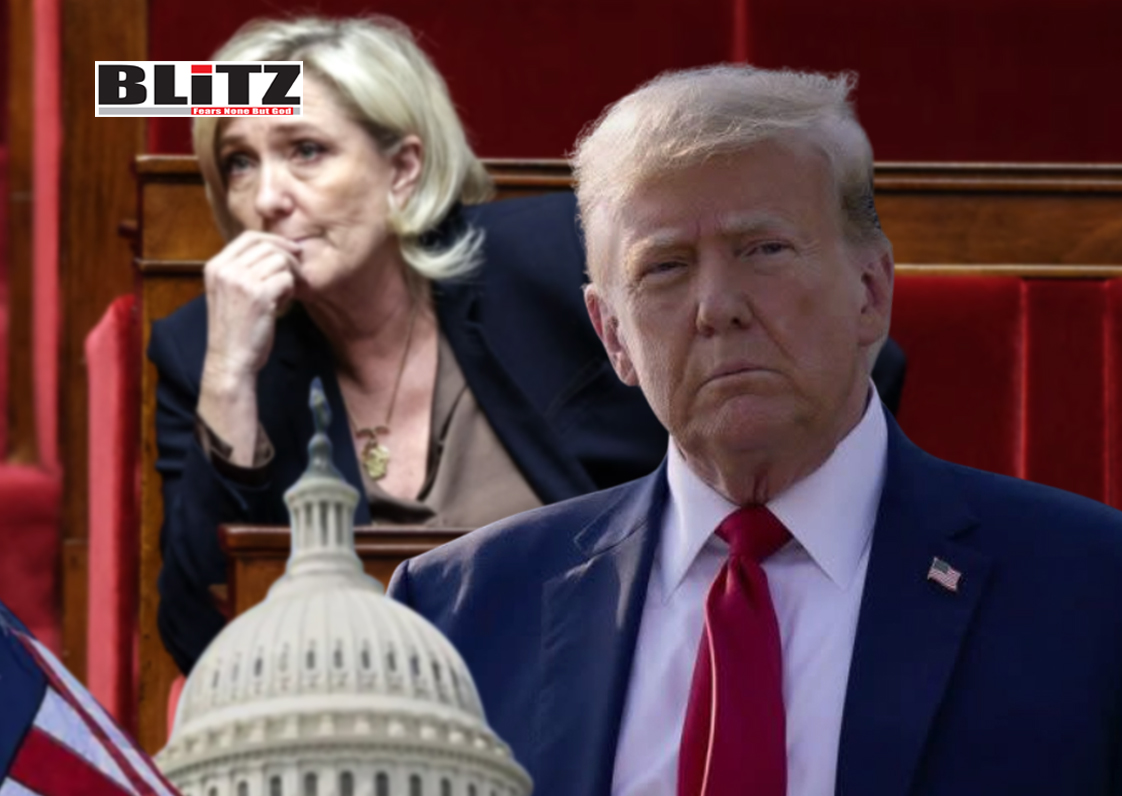

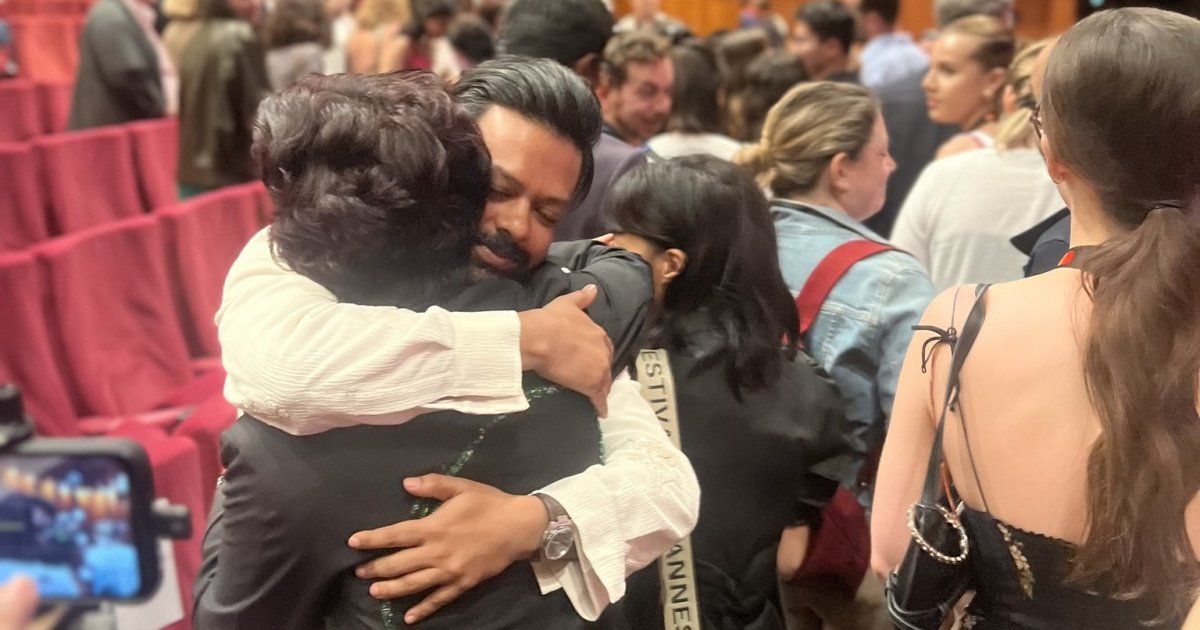
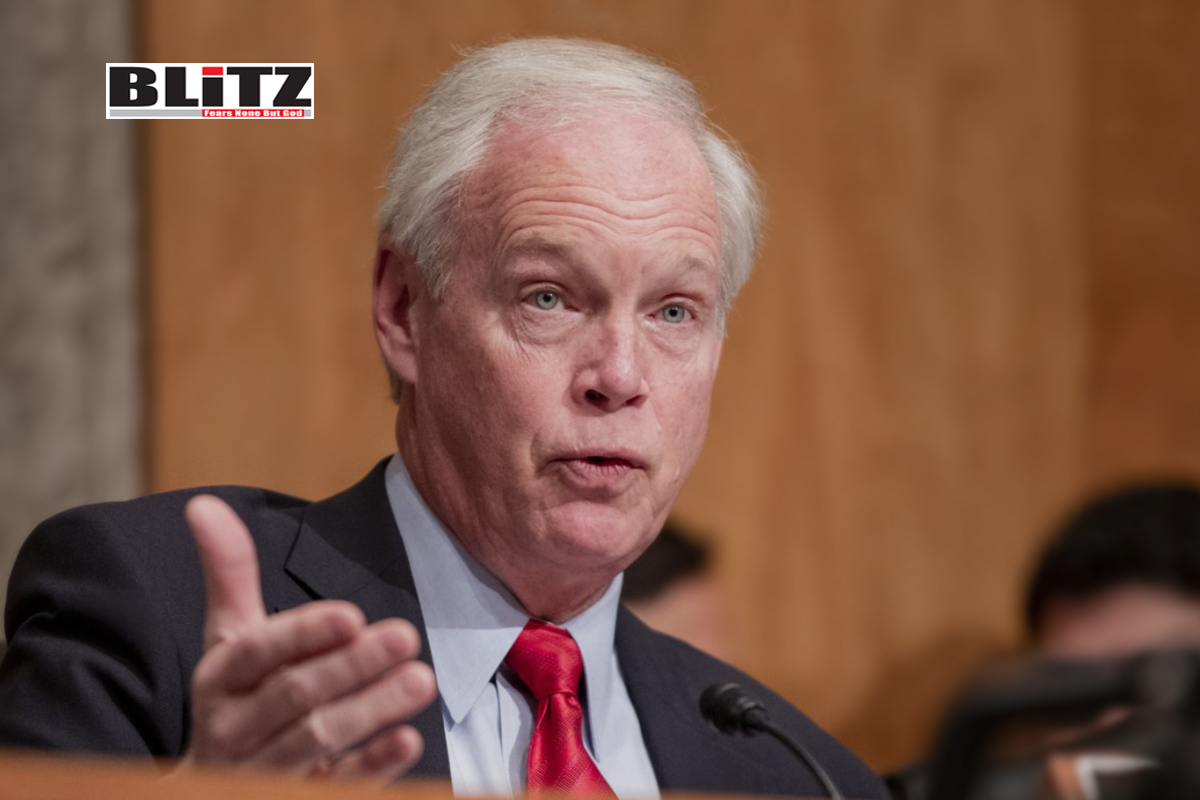

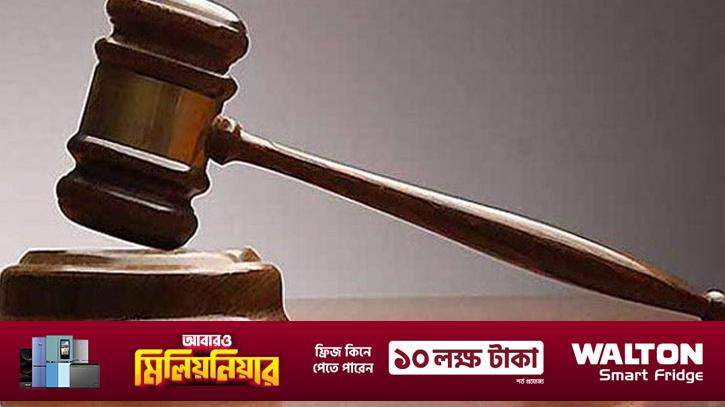

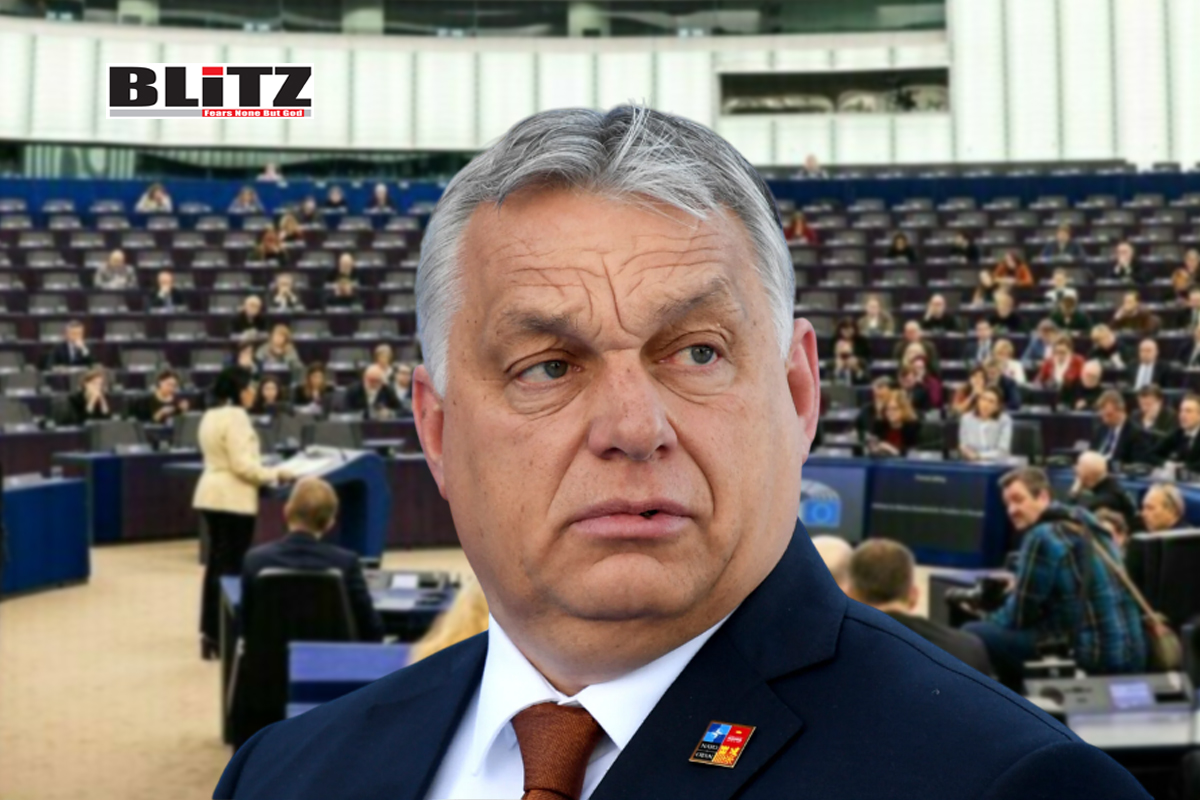



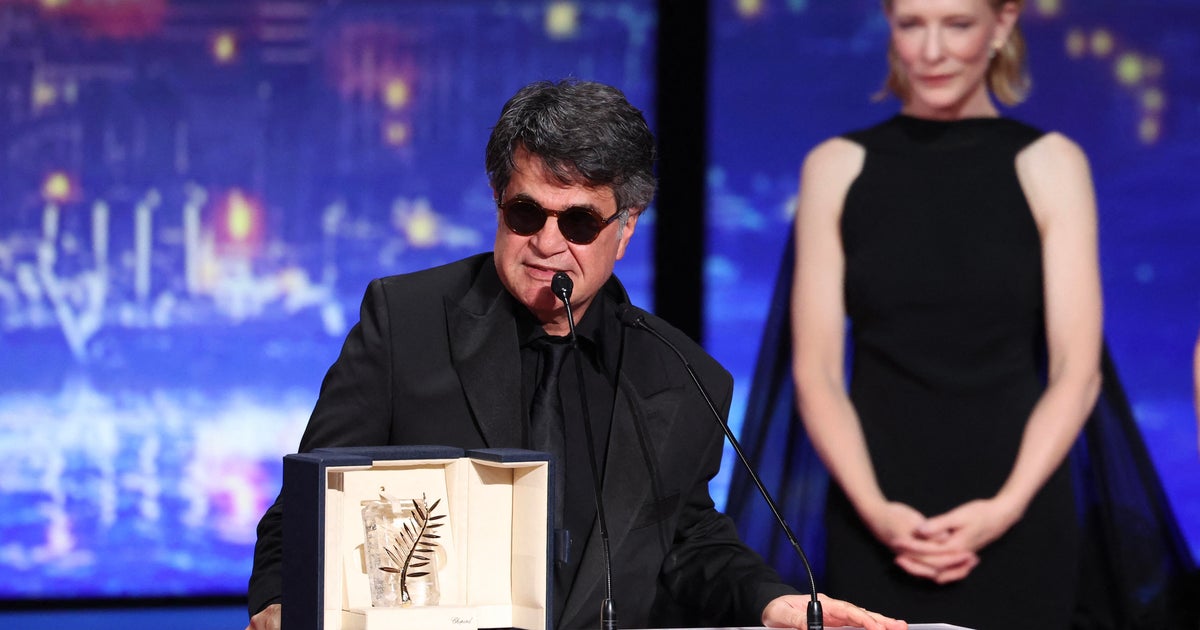


Leave a Reply